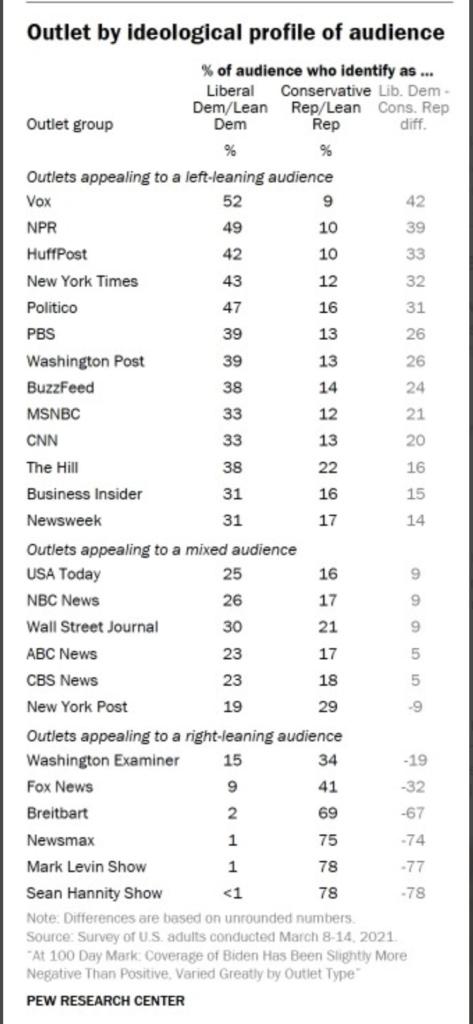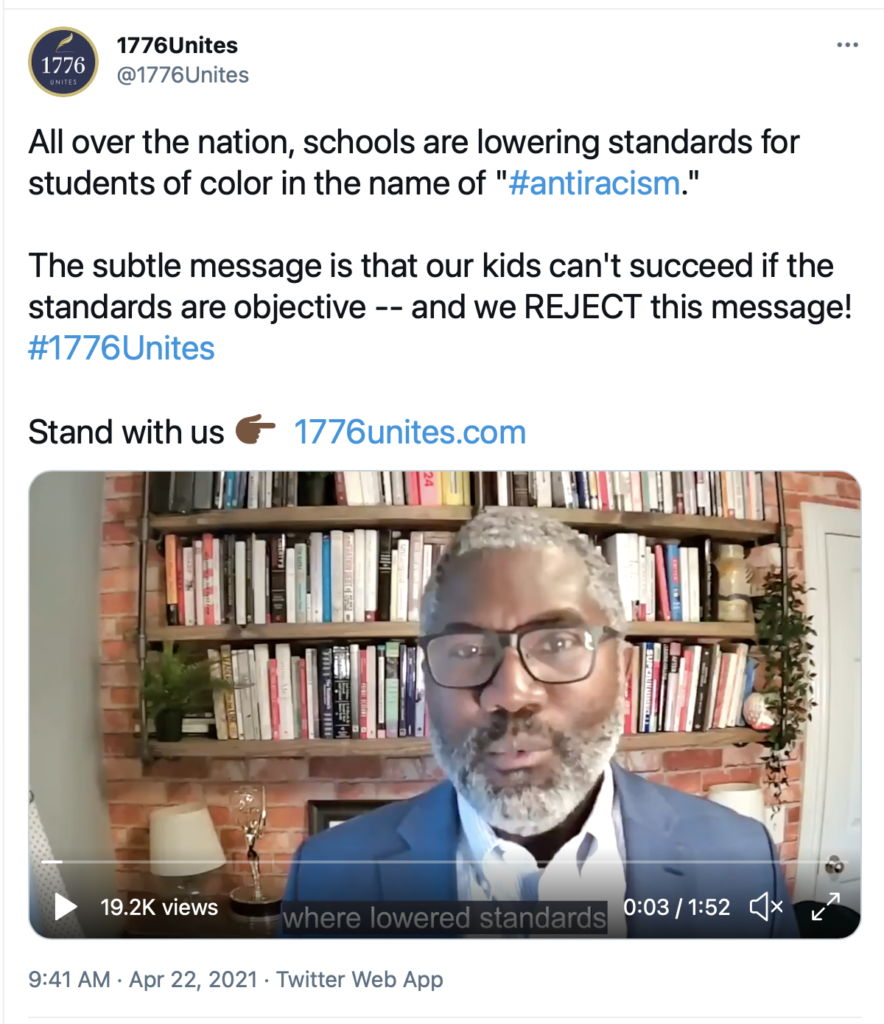The Continuing Relevance of John Stuart Mill at Schools and Colleges
Last week I attended a seminar sponsored by Heterodox Academy. The title: Does Mill Still Matter? Among those featured at the seminar were Jonathan Haidt, Richard Reeves and Dave Cicirelli, co-creators of "All Minus One," an illustrated version of the second chapter of Mill's On Liberty. This new book can be downloaded for free.
I transcribed the following excerpts of Jonathan Haidt comments. What follows are Haidt's words at the live seminar, minimally edited for print.
What I think is happening on campus is that we've traditionally played a game in which somebody puts forth an argument and then somebody critiques it. And that's what we've done for 1000’s of years, until about 2015. And then, a new game came into town, where people weren't seeing this like tennis, a game we are playing a game together. They saw it more as a battle like boxing or something where it was a struggle for dominance and power. And when you think of it that way, yeah, it's hard work. And it's painful. But if you think about it as like, you know, playing tennis or a game together, you're expending calories. It's not exactly hard work. It's hard play. And that's what I've always loved about being an academy is that it always felt like hard play. Until 2015.
A common phrase that began in 2014-2015, which is, “you are denying my existence” or “If that speaker comes [to campus to talk], then he or she is denying my existence.” And, you know, it's suddenly came out of nowhere. And we're all talking about what do you mean, denying your existence? And it's because this new way of thinking, where it's all a battle for power, and it's all about identity. And so if there's an is there's a speaker who's critical that on transition-- doesn't accept the reigning dogma on the trans issue? Well, that person thinks, or you might think, that they're critiquing an argument about something. But critiquing the argument is critiquing the identity, which means you're denying that I exist. That really helps us understand why there's such incoherence on campus since 2015, because some people are taking any criticism of their ideas as an attack on their person. And therefore you think I don't belong here on campus. And again, you can't have a university like that.
I also just want to add in one of my favorite quotes I've found in the five or six years I've been working on this topic. This is from Van Jones when he spoke at the University of Chicago. He was asked by, David Axelrod, what he thinks about students who are demanding no platforming and safe spaces and things like that. And while this isn't exactly million in that he's not really talking about, like the benefit to truth, but he's talking about the way this actually makes you stronger and smarter. This is just so brilliant. He says, there's a certain kind of safety, that it’s safety from physical attacks. You know, of course, we care about physical safety. But then he says, I don't want you to be safe ideologically. I don't want you to be safe, emotionally, I want you to be strong. And that's different. I'm not going to pave the jungle for you put on some boots and learn how to deal with adversity, I'm not going to take all the weights out of the gym. That's the whole point of the gym. This is the gym. And Richard and his friends protested outside as a political act. And then they went in because it was the gym, and they actually wanted to hear what he had to say. And that, I think, is the model of a politically engaged college student, or what it should do.
I was asked, What do you think is most fundamental question? And they say, Oh, you know, is there a god? Or what's the meaning of life? No, that's like, a big question. Fundamental means, basic, like the thing that everything else is built on. The fundamental question of life, is approach or avoid. That's it. As soon as life began moving, as soon as you get little tails on bacteria, you have to have some mechanism for deciding this way or that? Approach or avoid? And all of the rest of the billion years of brain evolution is just commentary on that question.
And so the human brain has these gigantic tracts of neurons on the front left cortex, specialized for approach. And then a frontal cortex specialized for avoid. And so all sorts of things go with this. So when we're in explorer mode, some features of it are, we're more, we're curious. We take risks. You might feel like a kid in a candy shop with all these different things to explore. You think for yourself. And the model of a student in this mindset would be whoever grows the most by graduation, or whoever learns the most by graduation wins. If that's your attitude, boy, are you going to profit from being in college for four years. [More . . . ]




